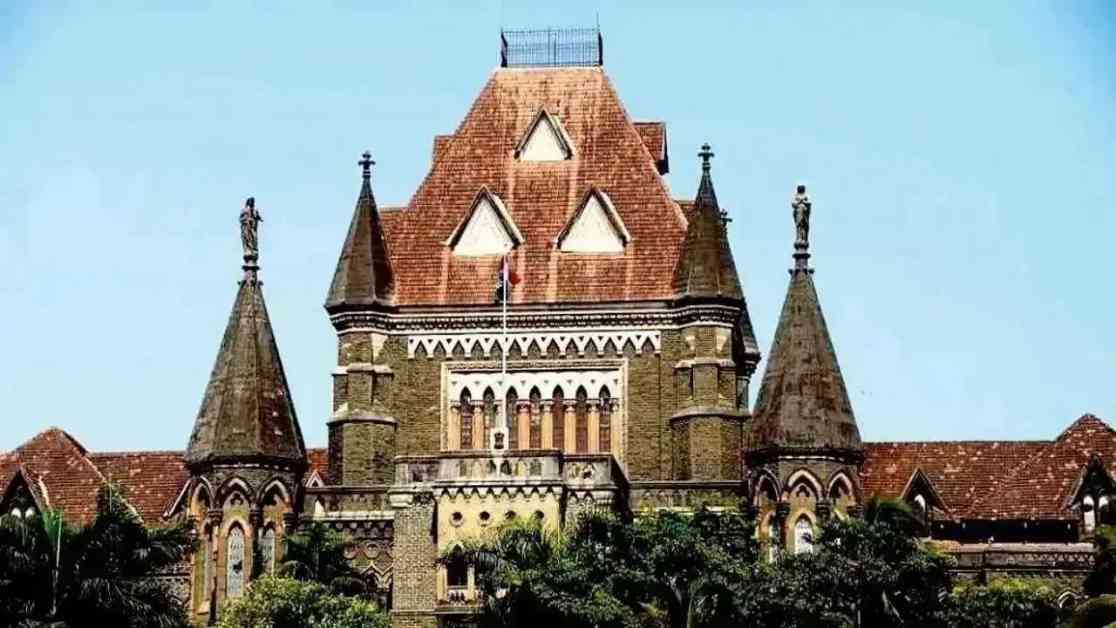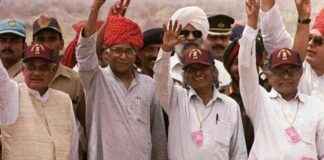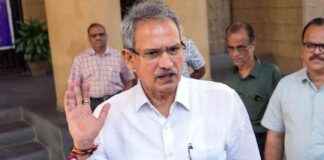The Bombay High Court recently made a decision regarding an election petition filed against Shiv Sena (UBT) leader Sanjay Dina Patil’s victory in the Lok Sabha elections. The petition was filed by Shahaji Thorat, an independent candidate, who contested the election results from Mumbai’s North East constituency.
According to reports, the Court dismissed the petition because Thorat failed to include all contesting candidates in his plea, as required by Section 82 of the Representation of the People Act. The Court emphasized that including all contesting candidates is mandatory when seeking a declaration regarding one’s own election.
Thorat claimed that Patil’s nomination was invalid due to the omission of his mother’s name alongside his father’s, which was a necessary detail. He also sought to be declared the winner in place of Patil. However, the Court noted that Thorat did not add the other 18 contesting candidates as respondents until well after the statutory 45-day period had passed, which was a violation of the law.
Patil’s lawyer argued that the failure to include all contesting candidates within the prescribed timeframe was a fundamental defect in the petition. The Court agreed and emphasized the strict adherence to statutory requirements in election petitions. As a result, the petition was dismissed, and the petitioner’s request for a summons was rejected.
Overall, the Court’s decision highlights the importance of following legal procedures and requirements in election petitions. It serves as a reminder that such petitions are not a fundamental or common law right, but rather must strictly adhere to statutory regulations to be considered valid.




















